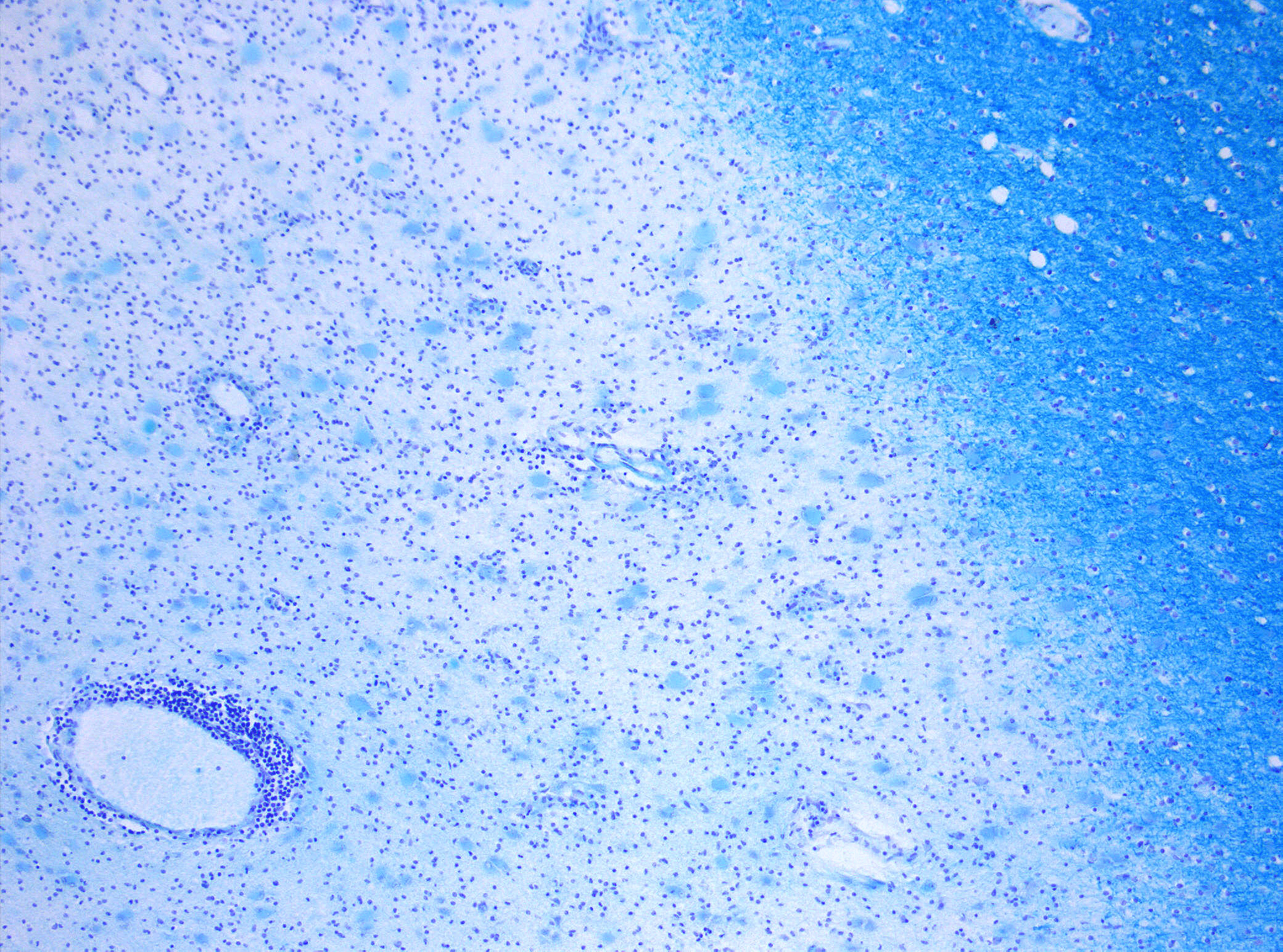There has been a much greater emphasis on genetics in today’s research to determine the causes of medical ailments. This focus has allowed gene and DNA sequencing to be more inexpensive and thorough and researchers to better understand heredity and genetics.
Multiple sclerosis (MS) is “a chronic disease that attacks the central nervous system, i.e. the brain, spinal cord and optic nerves,” that involves damage to the myelin sheaths, a fatty substance that coats nerve cells to aid in the transfer of electrical signals. Symptoms of MS include blurred vision, cognitive issues, numbness or tingling, and lack of coordination, to name a few. It can develop at any age but most commonly affects people of ages 20-40. Originally, the causes of MS were unknown, but recently, possible genetic relationships have arose. A research team from the University of British Columbia and Vancouver Coastal Health in Canada, led by Professor Carles Vilarino-Guell from the University of British Columbia, has allegedly proven that MS can be a result of a genetic mutation on the gene known as NR1H3. The NR1H3 gene codes for a protein that actually works to activate or inhibit other genes. In other words, this protein acts as an “on-off” switch for other genes.
Image Source: UHB Trust
Professor Vilarino-Guell’s research has shown that approximately one in 1,000 people with MS have this mutation in their NR1H3 gene. However, Vilarino-Guell’s team’s research findings have also uncovered the biological pathway linked to a specific form of MS that affects about 15% of MS-affected population. This relationship could help experts expand their understanding and lead to further research on similar, rapidly progressive forms of MS such as relapsing-remitting MS, characterized by periods of attacks in symptoms followed by periods of recovery.
Although Professor Vilarino-Guell has claimed that the NR1H3 gene mutation is directly linked to the development of MS, further testing and research needs to be done to link the gene to MS development. The results do, however, open the door for further research into links between gene mutations and neurological diseases, one that can lead to enhanced screening measures for patients with the genetic mutation. Professionals would be able to diagnose and treat ailments before the onset of symptoms.
Feature Image Source: Marvin 101










